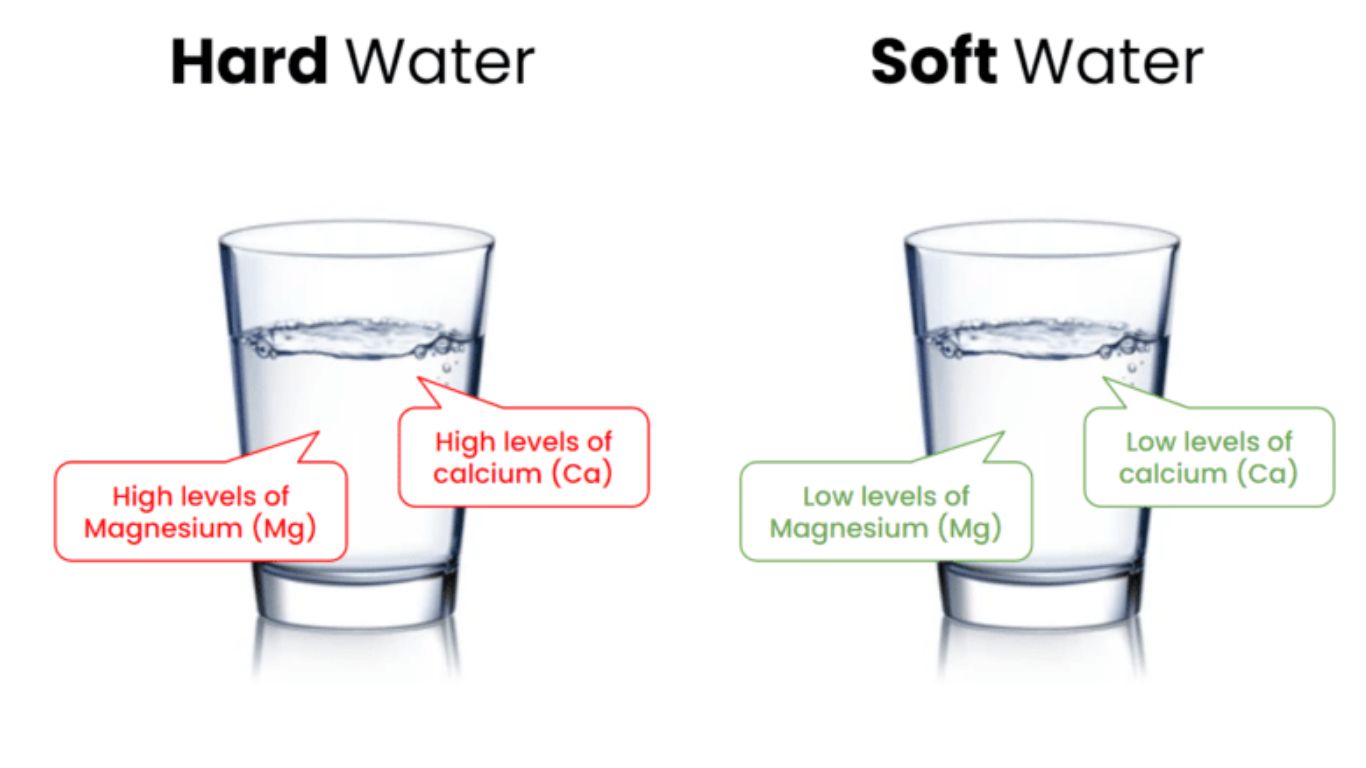Exercise and Mental Health: The Surprising Benefits of Staying Active
In the quest for mental well-being, many individuals often overlook one of the most accessible and effective tools at their disposal: exercise. While the physical benefits of staying active—such as weight management, increased strength, and improved cardiovascular health—are widely acknowledged, the profound impact of exercise on mental health is gaining increased recognition. Research underscores the surprising effects of physical activity on emotional well-being, anxiety levels, and overall mental resilience.
Understanding the Connection
At a biological level, exercise triggers a series of responses in the body that can significantly influence mental health. Physical activity stimulates the release of endorphins, chemicals in the brain that act as natural painkillers and mood elevators. This phenomenon, often referred to as the “runner’s high,” is just one of the ways in which exercise can lift spirits and enhance feelings of happiness.
Moreover, regular physical activity can increase the levels of neurotransmitters such as serotonin and dopamine. These chemical messengers play crucial roles in regulating mood, motivation, and overall emotional stability. In fact, numerous studies have shown that individuals who engage in regular exercise report lower levels of depression and anxiety.
Combatting Anxiety and Depression
The relationship between exercise and the reduction of anxiety and depressive symptoms is particularly noteworthy. For many, traditional treatments such as therapy and medication are essential components of managing mental health issues. However, incorporating exercise into one’s routine can serve as a powerful adjunct to these methods.
Research has revealed that even low to moderate-intensity exercise—such as walking, cycling, or yoga—can lead to significant reductions in symptoms of anxiety and depression. A comprehensive meta-analysis published in the journal JAMA Psychiatry found that regular physical activity is associated with a lower risk of developing depression. This finding suggests that exercise is not only a treatment but also a preventative measure for mental health challenges.
Enhancing Cognitive Function
Exercise doesn’t just influence mood; it can also improve cognitive function. Studies indicate that regular physical activity can enhance memory, attention, and overall cognitive performance. The increased blood flow to the brain that occurs during and after exercise facilitates the growth of new brain cells and connections, a process known as neurogenesis.
In an age when stress and information overload are common, enhancing cognitive function through exercise can be particularly beneficial for students, professionals, and anyone striving to maintain mental clarity and focus.
Building Resilience and Coping Skills
Engaging in regular physical activity can foster resilience—an essential trait for managing stress and overcoming challenges. Exercise serves as a constructive way to cope with life’s ups and downs, offering a healthy outlet for frustration and negativity.
Furthermore, the discipline and commitment required to maintain an exercise regimen can build a sense of accomplishment and confidence. Setting and achieving fitness goals—whether it’s running a certain distance, lifting a specific weight, or completing a yoga class—can instill a sense of purpose and self-efficacy, which are vital for positive mental health.
Social Interaction and Community Building
One of the often-overlooked benefits of exercise is its potential to foster social connections. Whether through team sports, group fitness classes, or community running clubs, physical activity can stimulate social interaction and provide a sense of belonging. This social support network is critical for maintaining mental health; positive relationships help buffer the effects of stress and can provide emotional comfort.
Incorporating Exercise into Daily Life
For those looking to reap the mental health benefits of exercise, incorporating physical activity into daily life doesn’t have to feel daunting. Here are a few tips:
- Find Activities You Enjoy: Choose exercises that you find enjoyable, whether it’s dancing, swimming, hiking, or playing a sport.
- Start Small: Begin with short sessions of activity, gradually increasing the duration and intensity as you become more comfortable.
- Stay Consistent: Try to establish a routine that allows physical activity to become a regular part of your life, aiming for at least 150 minutes of moderate exercise per week.
- Combine Exercise with Socializing: Work out with friends or join a local club to enhance social interaction while getting fit.
- Mindfulness in Motion: Consider incorporating mindfulness practices such as yoga or tai chi, which combine physical activity with mental focus and relaxation.
Conclusion
The importance of exercise extends beyond the physical realm, embracing a holistic approach to health that acknowledges the profound impact of movement on mental well-being. Whether as a remedy for stress, a booster of mood, or a catalyst for cognitive vitality, the benefits of staying active are both surprising and life-changing. By embracing an active lifestyle, individuals can not only strengthen their bodies but also enhance their mental resilience, empowering them to face life’s challenges with confidence and positivity.















